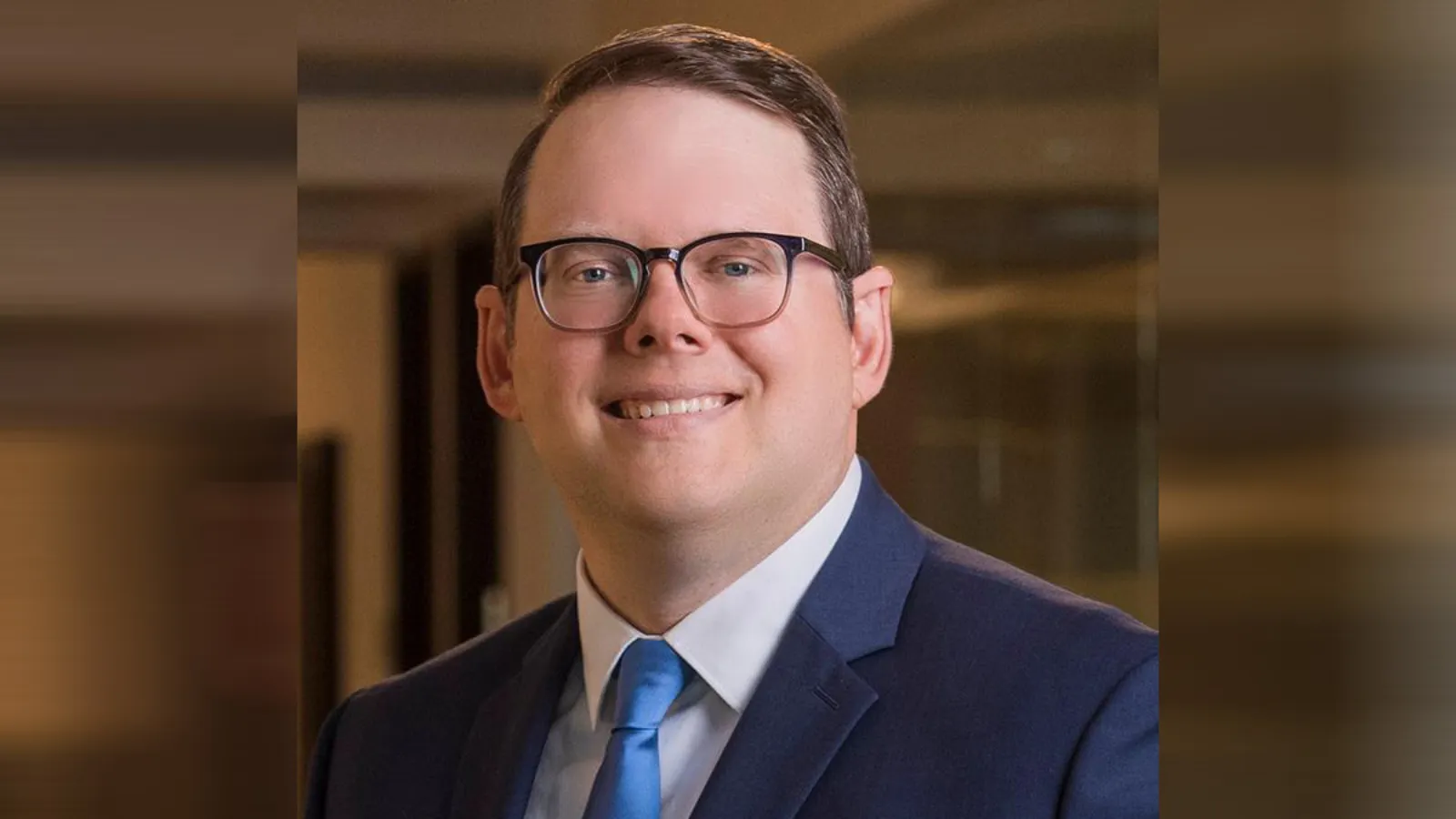Members of the Screen Actor Guild - American Federation of Television and Radio Artists (SAG-AFTRA) voted Monday to authorize a strike in preparation for negotiations with the Alliance of Motion Picture and Television Producers. And as with the Writer's Guild of America, artificial intelligence is a significant factor in SAG-AFTRA discussions.
"I think generative AI is the game changer that presents a particular threat—and maybe some opportunities—for our members," SAG-AFTRA national executive director and chief negotiator Duncan Crabtree-Ireland told Decrypt in an interview—before both sides agreed to a media blackout.
Generative AI refers to artificial intelligence trained on vast amounts of data and can produce content based on these prompts. The technology still struggles with what the industry calls "hallucinations," referring to instances in which an AI generates unexpected or untrue results not backed by real-world data.
The launch of OpenAI's ChatGPT in November and the upgraded GPT-4 in March have brought the technology into the mainstream.
Crabtree-Ireland says that when AI was limited to specific tools that couldn't engage in the act of creation, it was less of a concern.
"Because of the flexibility, rapid growth, and the capabilities of generative AI, it's an area that we're very, very focused on," Crabtree-Ireland said, adding that SAG-AFTRA wants to ensure there are a clear set of guardrails around using people's images and likenesses.
Initially founded in 1933, the Screen Actors Guild merged with the American Federation of Television and Radio Artists in March 2012, and today represents over 160,000 members who work in front of a camera and as voice actors behind a microphone.
Before Crabtree-Ireland became SAG-AFTRA’s national executive director in June 2021, he served as general counsel (since 2006) and chief operating officer (since 2014).
Crabtree-Ireland says that while members have voted to authorize a strike, the union would not initiate a strike before the expiration of its contract on June 30.
In a powerful show of solidarity, SAG-AFTRA members have voted 97.91% in favor of a strike authorization ahead of negotiations of the TV/Theatrical Contracts, with nearly 65,000 members casting ballots for a voting percentage of 47.69% of eligible voters. https://t.co/sJiswszU1T
— SAG-AFTRA (@sagaftra) June 6, 2023
"The core principles that we're looking for is informed consent and fair compensation if you're going to use any kind of AI or digital technology to recreate someone's image or likeness," Crabtree-Ireland said.
Crabtree-Ireland cited the use of James Earl Jones' voice and Carrie Fisher's likeness in the new Disney Star Wars series, adding that in those cases, consent was granted by the performer, their heirs, or representatives with compensation negotiated for those uses.
"That's something we're focused on seeing," Crabtree-Ireland said. "That also includes any use of our members' work in AI training data sets.”
In artificial intelligence and machine learning, a dataset is a collection of related information that an AI system uses to learn and improve its ability to make predictions or decisions.
In April, British rock band Breezer released an album, “AIsis: The Lost Tapes,” replicating the vocal style of Oasis lead singer Liam Gallagher using AI. The music video was viewed over 500,000 times on YouTube.
That same month, a AI-generated mash-up of Drake and The Weeknd called "Heart On My Sleeve," was uploaded to Spotify and YouTube. As a result, those platforms landed in the crosshairs of a potential lawsuit after Universal Music Group (UMG) demanded that they—as well as Apple Music, Amazon Music, and SoundCloud—remove the song, arguing that serving up the song constitutes copyright infringement.
"We feel it needs to be very clear that can only be done with their consent and appropriate compensation, because those pieces of them are being used to create something else," Crabtree-Ireland said. "That's not something that should be done without fair treatment.”
Crabtree-Ireland says the aim is not to ban AI or keep it out of the industry entirely but to have a human-centered approach to implementing AI in the industry.
"The way [AI] is used needs to be done so that AI serves humans, not the other way around," he said.

